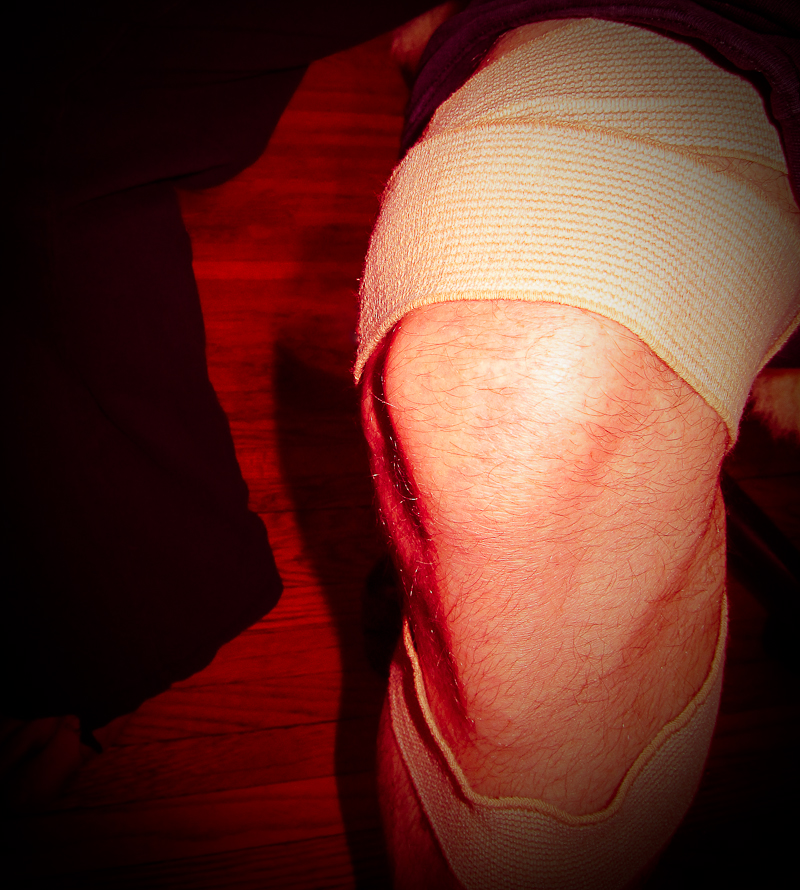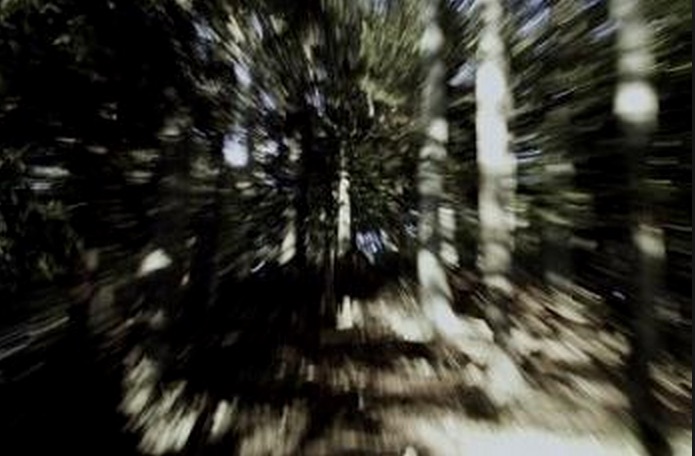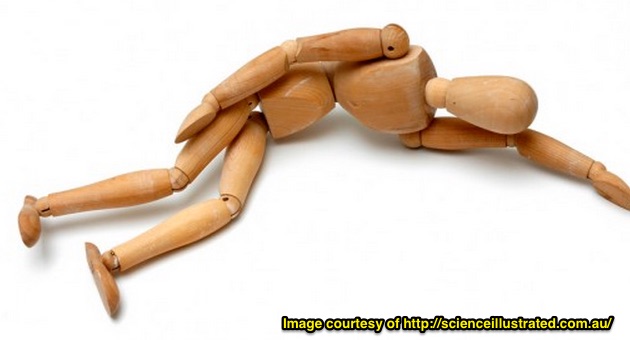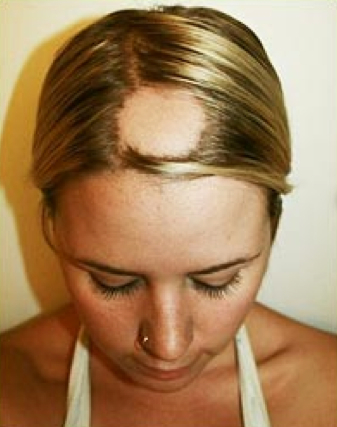A frequent problem which clients present with at our clinic is knee pain. Knee problems can stem from several causes, ranging from athletic injury to more chronic degenerative pain. Acupuncture is usually extremely useful for treating this entire spectrum and can often completely resolve the problem and, at the very least, can powerfully manage chronic pain.

Research and Articles:
Though we usually prefer to completely solve knee problems for our patients, occasionally they have already had surgery and seek us out in order to speed the post surgical healing process along. A new
study demonstrates just how useful this strategy can be, concluding that,
... compared with rehabilitation training alone, acupuncture combined with rehabilitation training can better improve the patients’ knee joint support and swing torques after meniscus arthroscopy, correct their abnormal gaits, increase their motor function of the lower limb and benefit the balance abilities of their lower limbs during walking.
A landmark
study, from the
Annals of Internal Medicine, has shown that acupuncture both provides pain relief and improves functionality for people with
osteoarthritis of the knee and serves as an effective complement to standard care. The study, the largest Phase III clinical trial of acupuncture for knee osteoarthritis, was funded by NCCAM and the National Institute of Arthritis and Musculoskeletal and Skin Diseases, both components of the National Institutes of Health.
The Effect of Acupuncture on the Knee and Tibialis Anterior Muscle
Chin Med. 2008; 3: 17.
Larissa Araujo Costa1,2 and João Eduardo de Araujo2
1Acupuncture specialization course, Instituto Paulista de Estudos Sistêmicos (IPES), Praça Boaventura Ferreira da Rosa 384, Ribeirão Preto (SP) 14049-900, Brazil
2Laboratory of Bioengineering, Neuropsychobiology and Motor Behavior, Department of Biomechanics, Medicine and Rehabilitation of the Locomotor System, School of Medicine – University of São Paulo, Ribeirão Preto (USP-RP), Avenida dos Bandeirantes 3900, Ribeirão Preto (SP) 14049-900, Brazil
This study compares the immediate effects of local and adjacent acupuncture on the tibialis anterior muscle and the amount of force generated or strength in Kilogram Force (KGF) evaluated by a surface electromyography.
Methods
The study consisted of a single blinded trial of 30 subjects assigned to two groups: local acupoint (ST36) and adjacent acupoint (SP9). Bipolar surface electrodes were placed on the tibialis anterior muscle, while a force transducer was attached to the foot of the subject and to the floor. An electromyograph (EMG) connected to a computer registered the KGF and root mean square (RMS) before and after acupuncture at maximum isometric contraction. The RMS values and surface electrodes were analyzed with Student's t-test.
Results
Thirty subjects were selected from a total of 56 volunteers according to specific inclusion and exclusion criteria and were assigned to one of the two groups for acupuncture. A significant decrease in the RMS values was observed in both ST36 (t = -3.80, P = 0,001) and SP9 (t = 6.24, P = 0.001) groups after acupuncture. There was a decrease in force in the ST36 group after acupuncture (t = -2.98, P = 0.006). The RMS values did not have a significant difference (t = 0.36, P = 0.71); however, there was a significant decrease in strength after acupuncture in the ST36 group compared to the SP9 group (t = 2.51, P = 0.01). No adverse events were found.
Conclusion
Acupuncture at the local acupoint ST36 or adjacent acupoints SP9 reduced the tibialis anterior electromyography muscle activity. However, acupuncture at SP9 did not decrease muscle strength while acupuncture at ST36 did.
http://www.ncbi.nlm.nih.gov/pmc/articles/PMC2615752/?tool=pmcentrez&report=abstract
References
Ernst E, Lee MH. Sympathetic effects of manual and electrical acupuncture of the tsusanli knee point: comparison with the hoku hand point sympathetic effects. Exp Neurol Oct 1986;94(1):1-10.
Fang Z. Arthralgia treated by acupuncture within "chifu" area. J Tradit Chin Med Sep 1999;19(3):207-9.
Jensen R, Gothesen O, Liseth K, Baerheim A. Acupuncture treatment of patellofemoral pain syndrome. J Altern Complement Med Dec 1999;5(6):521-7.
Myhal D, Lebel E, Leung CY, Camerlain M. Radioisotope study of the effect of acupuncture on the articular vascularization of the knee. Union Med Can Dec 1981;110(12):1046-8. French.
Shafshak TS. Electroacupuncture and exercise in body weight reduction and their application in rehabilitating patients with knee osteoarthritis. Am J Chin Med 1995;23(1):15-25.
Wu ZM, Chen CG. Treatment of hydrarthrosis of the knee with manual manipulation and herbs. J Tradit Chin Med Dec 1998;8(4):251-3.
Yurtkuran M, Kocagil T. TENS, electroacupuncture and ice massage: comparison of treatment for osteoarthritis of the knee. Am J Acupunct 1999;27(3-4):133-40.
Zhang WB, Aukland K, Lund T, Wiig H. Distribution of interstitial fluid pressure and fluid volumes in hind-limb skin of rats: relation to meridians? Clin Physiol May 2000;20(3):242-9.
Knee Pain
3. From Castanet, a Canadian newspaper, comes an article on the use of acupuncture for knee problems.
 Sunday, July 19, 2015 at 6:46PM
Sunday, July 19, 2015 at 6:46PM 
 IT band pain,
IT band pain,  ITB,
ITB,  Iliotibial pain,
Iliotibial pain,  Knee Pain,
Knee Pain,  Patellar pain,
Patellar pain,  acupuncture,
acupuncture,  joint,
joint,  joint pain
joint pain 

